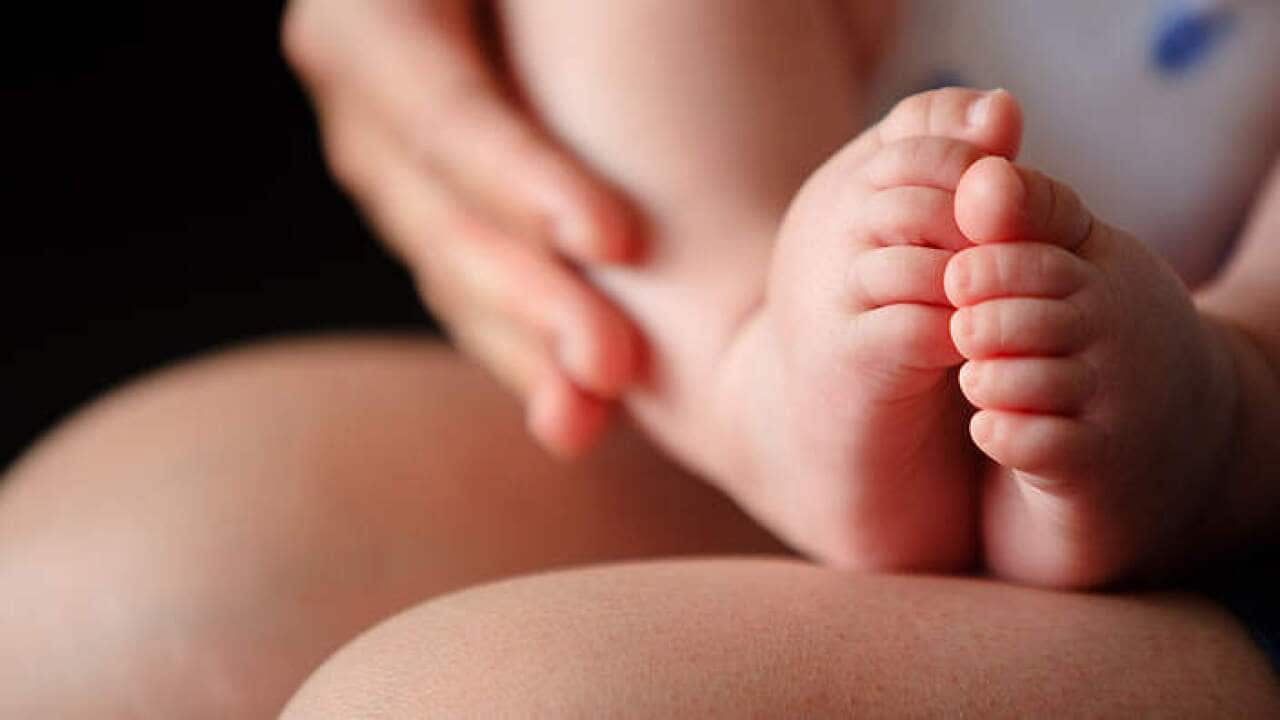The baby boy was born five months ago in Mexico to Jordanian parents, and is healthy and doing well, said the report in New Scientist magazine, described as an "exclusive."
The boy's mother carried genes for a disorder known as Leigh Syndrome, a fatal nervous system disorder which she had passed on to her two previous children who both died of the disease.
She had also suffered four miscarriages.
The woman, whose identity was withheld by New Scientist, and her husband sought the help of John Zhang, a doctor from the New Hope Fertility Center in New York City to have a baby that would be genetically related to them but would not carry the inherited disease.
The United States has not approved any three-parent method for fertility purposes, so Zhang went to Mexico where he was quoted by New Scientist as saying "there are no rules."
One method that has been approved in the United Kingdom, called pronuclear transfer, was deemed unacceptable to the couple because it would involve the destruction of two embryos, said the report.
Since the mother carried the genes for the disease in her mitochondria, or DNA that is passed down from the maternal side, Zhang used her nuclear DNA and combined it with mitochondria from an egg donor, in a technique known as spindle nuclear transfer.
"He removed the nucleus from one of the mother's eggs and inserted it into a donor egg that had had its own nucleus removed," said the report.
"The resulting egg –- with nuclear DNA from the mother and mitochondrial DNA from a donor -– was then fertilized with the father's sperm."
Presentation next month
Zhang and his team are expected to describe their method at the American Society for Reproductive Medicine meeting in Salt Lake City, Utah, next month.
An abstract describing the research has been published in the journal Fertility and Sterility, but outside experts said much more remains to be understood about the research.
"As this technology is controversial and a world first, I think the investigators should have submitted a manuscript for full peer review instead of announcing these outcomes in this manner," said Justin St John, professor and Director of the Centre for Genetic Diseases at Monash University.
Attempts began in the 1990s to create a baby by injecting mitochondrial DNA from a donor into the mother's egg, and adding sperm from her partner.
"Some of the babies went on to develop genetic disorders, and the technique was banned," said the New Scientist report.
"The problem may have arisen from the babies having mitochondria from two sources."
Another outside expert, David Clancy, a lecturer at Lancaster University, recalled that experiments in monkeys have shown that maternal mitochondrial DNA can expand from low levels to significantly higher levels, "which would allow disease to again be transmitted, so we must expect the possibility in humans."
For now, Zhang and his team said the boy's mitochondria has been tested and "they found that less than 1 percent carry the mutation," said the report.
"Hopefully, this is too low to cause any problems; generally it is thought to take around 18 per cent of mitochondria to be affected before problems start."
In addition, his being a boy ensures that he could not pass down any inherited mitochondrial DNA.
"While we should remain vigilant about this technique as new information and research accumulates, let us hope this child grows up and has a long healthy life," said Clancy.

